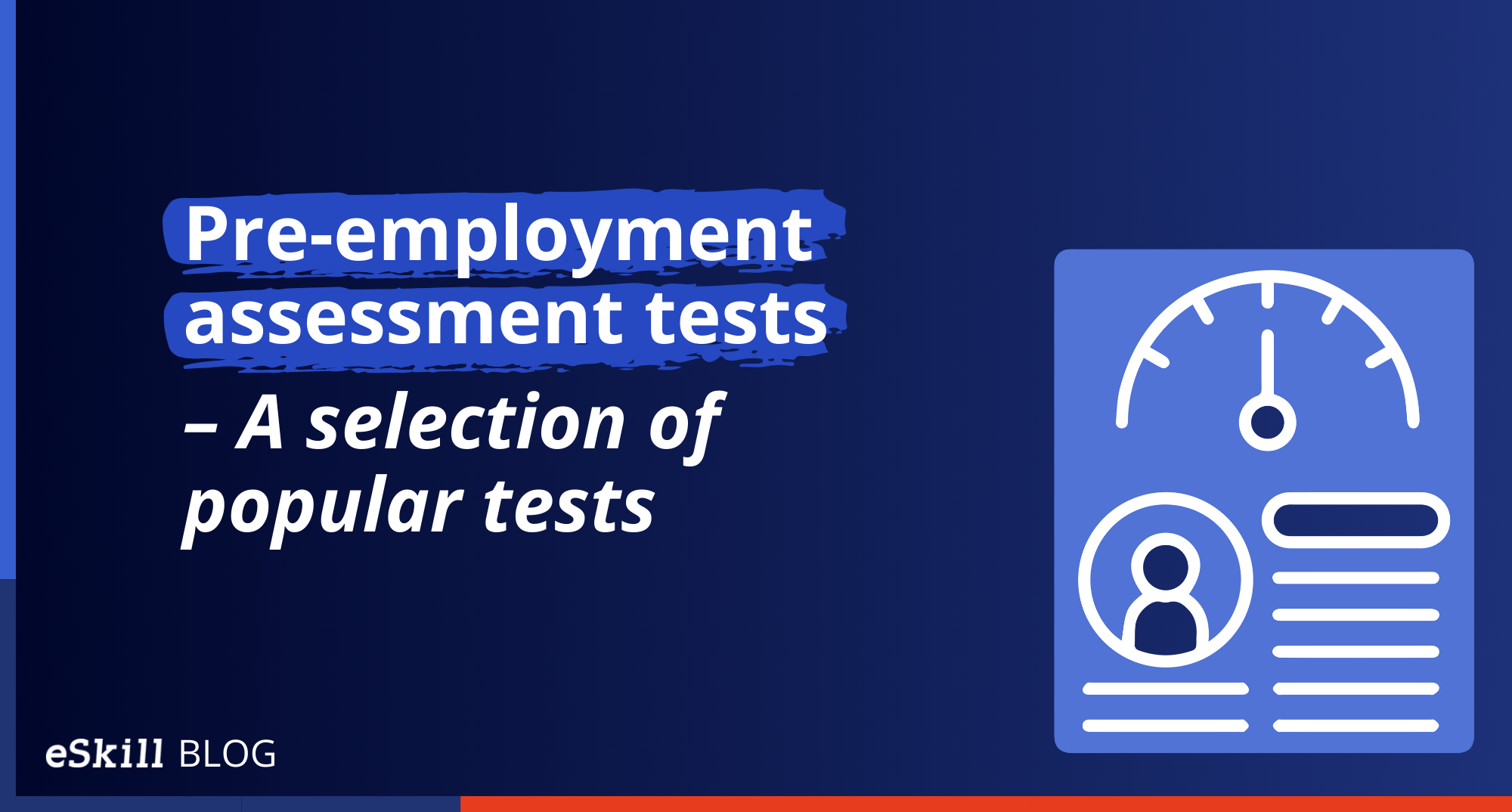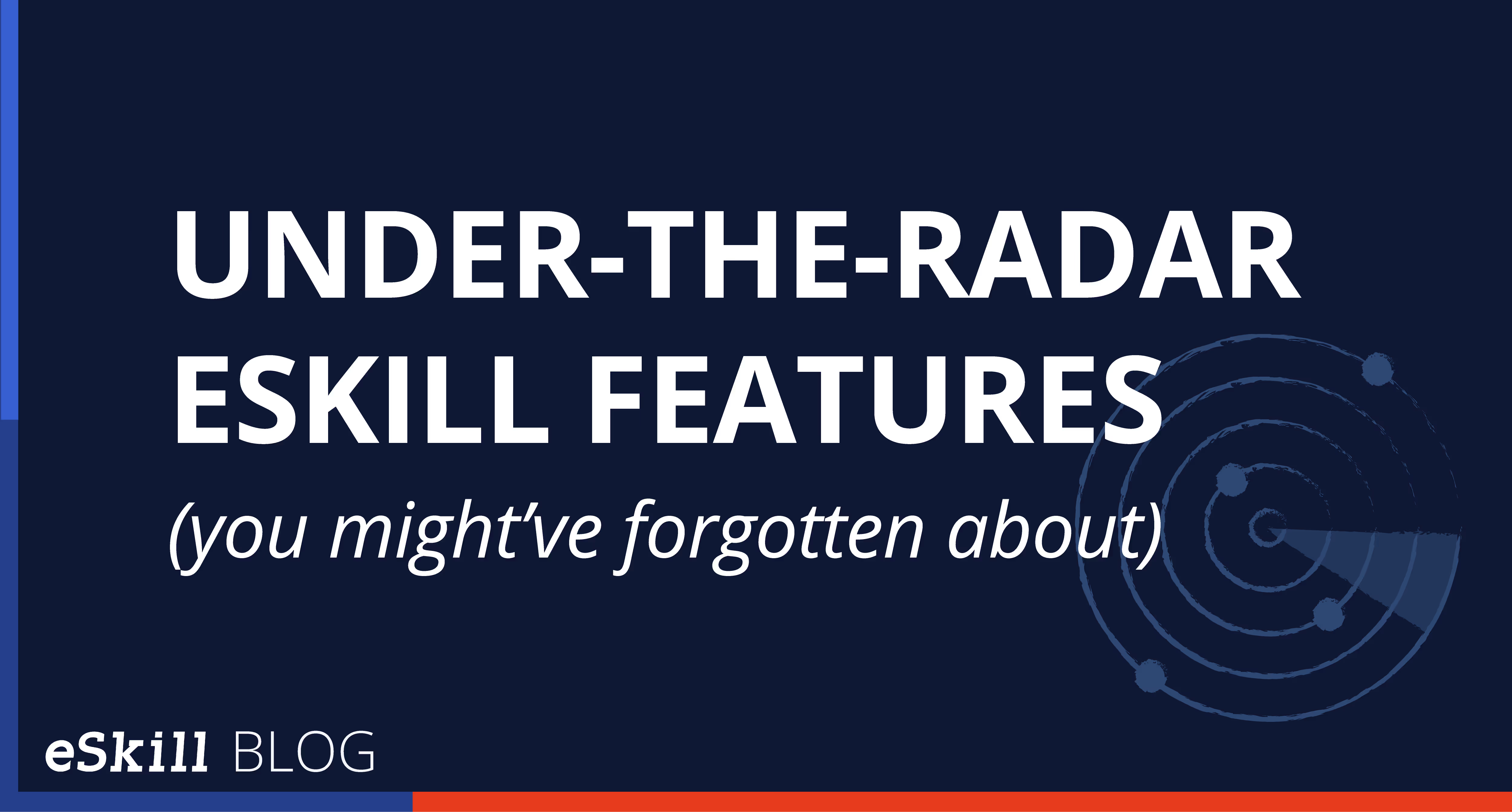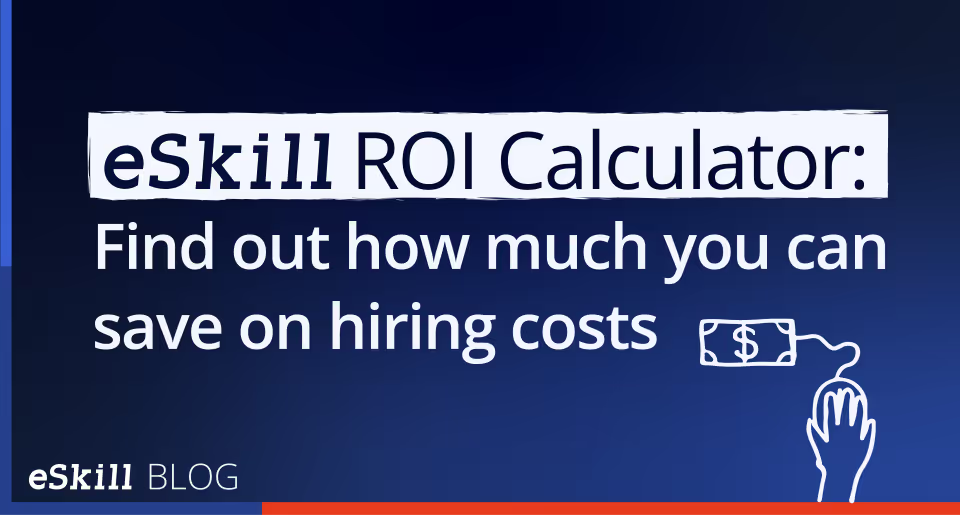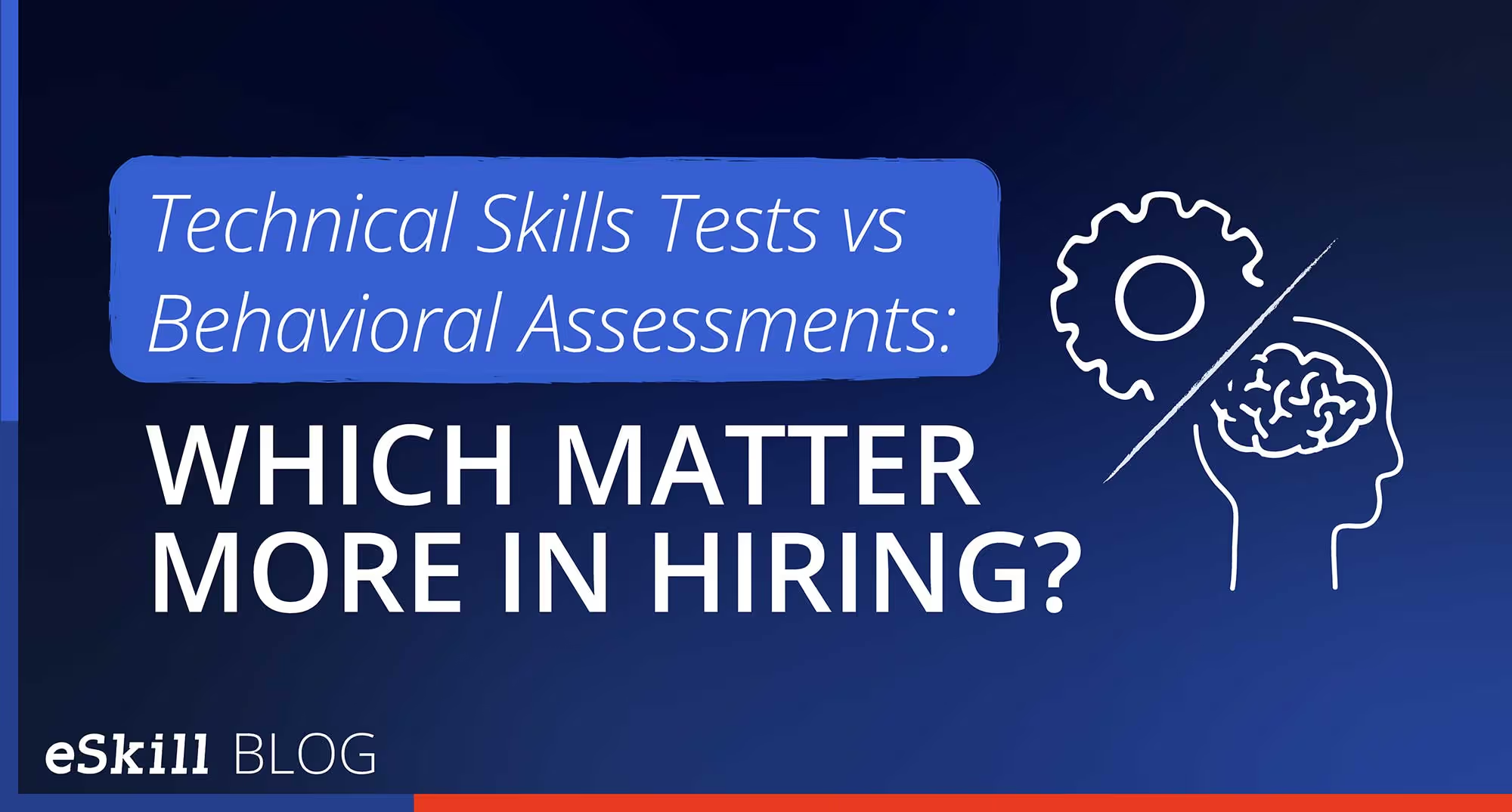A well-developed skills test can shed light on candidate aptitude and suitability. But the wrong hiring test can hurt the candidate experience and impede your decision-making.
There are many types of pre-employment assessments available today. In this article, we will focus on two common types: the psychological test completed by job applicants and the interview. Both can be effective tools for measuring knowledge, skills, abilities, and other characteristics.
- Psychological Tests. A psychological test consists of a series of standardized problems or questions that applicants are asked to answer. Most assessments ask the applicant to choose a correct answer from a list of four or five options or to indicate which of several choices reflects the extent to which they agree with the question or the extent to which the question applies to themselves. The “correct answer” type of question is generally used to assess knowledge, skill, and ability, and the choice-type question is used to assess other characteristics such as interests and personality.
Psychological tests can be used to assess most KSAOs, but the nature of the tests can differ:
- Knowledge Tests – measure a candidate’s technical or theoretical expertise in a particular field. Such tests look a lot like multiple-choice tests used in school settings. A series of questions asks about specific aspects of a topic. A well-designed knowledge test will do a good job of sampling the content of the knowledge area or has content validity. This means that the test covers all aspects of the topic and isn’t limited to one area. For example, an accounting candidate may be asked about basic accounting principles, but it would not have content validity if all the questions focused on individual federal tax requirements.
- Skills Tests – can include a wide variety of items that fit into two broad types. Type 1 is a simulation test that asks the person to complete one or more tasks to show that the candidate possesses the skill. For example, a Type 1 skills test on spreadsheets would assign spreadsheet tasks and ask the individual to use Excel to complete them. Type 2 skills tests ask multiple choice questions about how to do the task. For example, a Type 2 might ask questions about how to perform tasks in Excel, such as computing an average or making a copy of a sheet.
- Ability Tests – assess a person’s capabilities. The best-known ability test is a cognitive ability or IQ test that evaluates a person’s ability to perform various mathematical and verbal tasks. Such tests include multiple-choice items that are designed to measure ability. They can look in some ways like Type 2 skills test items except they focus more on capability than a specific skill.
- Tests of Other Characteristics – can cover a wide range of topics, including interests and personality. Interest tests assess the type of things a person enjoys doing, such as going to parties or reading. Patterns of interests indicate the sort of job a person might enjoy doing. Personality tests assess how people vary in their behaviors, emotional stability, and thought patterns. For example, a conscientious person is reliable and fulfills commitments, and an extraverted person is outgoing and enjoys being around others.
Interviews
An interview is an open-ended discussion where a job applicant answers a series of questions. Interviews can be an unstructured conversation where the applicant and interviewer engage in free-flowing discussion with no pre-planned questions. Each unstructured interview is different because the interaction between the two parties determines what is asked and discussed.
In a structured interview, each applicant is asked the same pre-planned questions that are designed to provide in-depth information about the applicant’s background (e.g., what experience does the person have with a particular task) and interpersonal skills. The structured interview is preferred over the unstructured as it is more effective in identifying potentially successful hires and reducing compliance issues.
Interviews can be conducted in a variety of ways, including face-to-face, or via the web. Web interviews are often convened using a technology such as Skype, that uses voice only or video and voice combined. Interviews can also be automated and web-hosted, where an individual logs into the interview website and responds to a series of questions just as he or she would with a live person. The interview is recorded with audio only or audio plus video so that the recordings can be reviewed and analyzed at another time and by other people. The advantage of the video interview is the flexibility it provides for location, timing, and participants.
The real question is: can you avoid bad hires?
The answer is, yes, with the right tools. These assessments will help you complete your screening of candidates with significantly more confidence and reliability. Request a free Demo of eSkills’ industry-leading pre-employment assessments.
eSkill is committed to providing the most complete, customizable, and predictive talent assessment experience in the HR industry. eSkill makes evaluating candidates’ job skills, psychological fit, and interview presentation a seamless experience for you and the candidate. eSkill will help your organization hire better-qualified candidates, more quickly, with defensible compliance. Have confidence in your hiring decisions and your team-building success with eSkill.
Learn more about why the most successful companies choose eSkill.
Talk to sales






